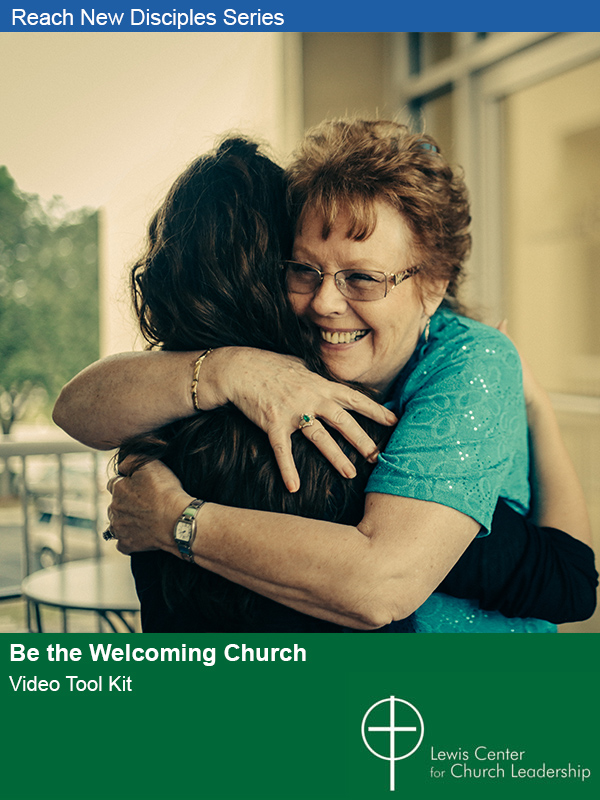Churches must become more innovative and diverse on a variety of fronts, but less doctrinaire and institutionally rigid, if they want to reach millennials. This is one conclusion of recently released research from the Pew Research Center that surveyed the millennial generation in adulthood. Pew’s new report, “Millennials in Adulthood: Detached from Institutions, Networked with Friends,” reveals some significant changes in generational assumptions about culture, politics, and religion among adults born after 1980. The study is one of the first to identify how this generational cohort will impact our society and our economy as they enter adulthood.
Millennials are overwhelmingly resistant to institutional maintenance and seek active, relevant ministry in the world for Jesus Christ.
Millennials are, according to the research, “unattached to organized politics and religion, linked by social media, burdened by debt, distrustful of people, in no rush to marry, and optimistic about the future.” They are the most diverse and optimistic generation of any currently alive in the United States, but also the most distrustful of institutional structures in our society.
Politically and Religiously Disaffiliated
Millennials have the highest levels of political and religious disaffiliation of any generation Pew has studied. Half describe themselves as political independents, although they tend to have liberal views, and about three-in-ten say they are not affiliated with any religion. Not only are they less likely to be religiously affiliated; they are also less likely to say they believe in God. A solid majority still do — 86 percent. But only 58 percent say they are “absolutely certain” that God exists, a lower share than among older adults
Diverse
Millennials are the most racially diverse generation in American history. Unlike previous generations, they are not congregating in racially or politically segregated groups. They have moved away from the traditional ways of categorizing people, ideas, and beliefs — categories such as race, ethnicity, political parties, and religious affiliation.
Skeptical about Institutions
This research suggests that traditional systems of power that are often part of the institutional life of many churches are major turnoffs for this age group. Millennials are overwhelmingly resistant to institutional maintenance and seek active, relevant ministry in the world for Jesus Christ. They are looking for churches that offer dynamic ministries that are transparent in their sense of purpose.
Digitally Connected
Millennials are “digital natives” at the leading edge of the digital revolution. The internet, mobile technology, and social media define their social affinity groups and shape their self-identities. Arguably these digital connects have supplanted the institutional connections that defined earlier generations. This generation expects the church not only to have a robust digital presence, but also to embrace the relational potential of electronic communication.
Millennials are now at the forefront of the changes driving our society. To be relevant to this age group, churches must envision a new way of operating and engaging — drastically reordering some priorities and focusing intentionally on issues of diversity, institutionalism, and innovation. Congregational leaders and practitioners should be ready to adapt to “serve this present age.”
Related Resources:
- Lessons on Engaging Young Adults Effectively by Asa J. Lee
- Millennials, Social Media, and the Church by Martin Davis







